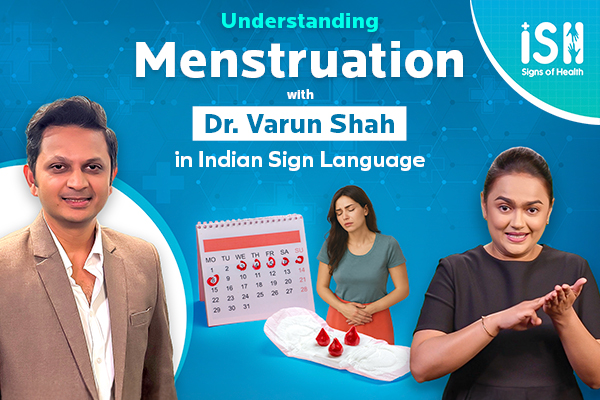Avoid These 10 Foods if You Have PCOS
PCOS affects hormones, metabolism, and fertility, and managing it starts with a proper diet. Avoiding certain foods can reduce symptoms and improve hormonal balance
Polycystic Ovary Syndrome (PCOS) is a widespread hormonal disorder affecting many women, often leading to issues with metabolism, fertility, weight gain, and hormone imbalance. One of the most effective ways to manage PCOS symptoms is through dietary changes, particularly by avoiding certain trigger foods that can worsen the condition.
Refined carbohydrates like white rice, bread, and packaged cereals can cause rapid blood sugar spikes, increasing insulin resistance—a key factor in PCOS. Similarly, sugary foods and drinks such as sodas, juices, and sweets promote inflammation and fat storage, which can further disrupt hormones and lead to symptoms like acne and irregular periods.
Dairy—especially milk, cheese, and sweetened yogurt—can raise insulin and androgen levels, potentially worsening acne and weight gain. Fried and fast foods high in unhealthy fats increase inflammation and insulin resistance, aggravating PCOS-related hormonal imbalances.
Processed meats such as bacon, sausages, and hot dogs are loaded with sodium and preservatives, contributing to bloating, irregular cycles, and weight gain. Meanwhile, artificial sweeteners, though calorie-free, can disrupt gut health and increase cravings, making PCOS harder to manage.
Soy-based food may disrupt estrogen levels and affect ovulation, while alcohol can spike blood sugar and estrogen, worsening symptoms like irregular periods and inflammation. Some women with PCOS are also sensitive to gluten, which can trigger bloating and fatigue.
Trans fats and hydrogenated oils, found in baked goods and processed snacks, promote inflammation and insulin resistance, further complicating PCOS management.
By avoiding these food types, women with PCOS can better manage symptoms like irregular periods, acne, fatigue, and weight fluctuations. A clean, balanced diet tailored to individual needs—ideally developed with a healthcare provider or nutritionist—can significantly improve hormone regulation and quality of life.







